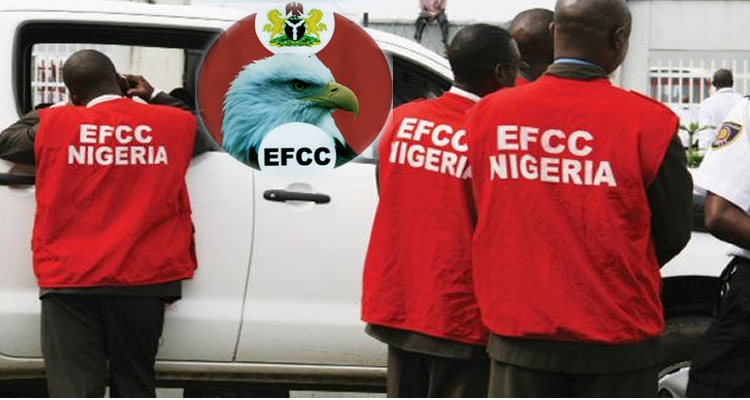Despite Knowing Its Roots, Why Does the Corruption ‘Beast’ Still Live Here?, By Ike Ilegbune
As it turns out, I don’t have too far to go since I live in Nigeria (no. 136 on the 2016 TI Rankings), a place where (alleged) successive perpetrators of corruption appear to outdo each other, with no follow through to convictions. In 2015, NOI Polls published survey results revealing that Nigerians blame ‘weak public institutions’ (24 percent), ‘poverty’ (18 percent) and ‘resource scramble’ (11 percent) for the high prevalence of corruption in Nigeria, amongst other factors. Even in the light of these justifications, my analytical background compels me to keep asking ‘WHY?’, after all in Botswana (aka No. 35), there are poor people too, and the same goes for Chile (24)!
Subscribe
Login
0 Comments





